Pond Installation – A Quick Review
Pond Installation as of 9/8/24 – Adding a pond to your backyard or garden can create a serene, natural escape right at home. Whether you envision a tranquil koi pond, a cascading waterfall, or a peaceful reflecting pool, pond installation can dramatically enhance your outdoor space. In this comprehensive guide, we’ll cover everything you need to know about pond installation, from planning and design to maintenance and care.
Why Install a Pond?
Ponds offer numerous benefits, both aesthetic and functional. Here’s why you might consider installing one:
- Enhances Visual Appeal: A well-designed pond adds beauty and elegance to your garden, creating a focal point that draws the eye.
- Creates a Relaxing Atmosphere: The sound of flowing water and the sight of fish swimming can help reduce stress and promote relaxation.
- Supports Wildlife: Ponds provide habitat for various species, including fish, amphibians, and beneficial insects, fostering biodiversity.
- Improves Property Value: A professionally installed pond can increase the value of your property by enhancing its overall appeal.
Planning Your Pond Installation
Before diving into the installation process, careful planning is crucial to ensure your pond meets your expectations and fits well within your space. Here’s how to get started:
- Determine the Purpose and Style Consider what you want from your pond. Are you interested in a koi pond, a naturalistic water garden, or a simple reflecting pool? Each type of pond has different requirements and design elements. Decide on the style and purpose to guide your planning.
- Choose the Location Select a spot in your garden that gets a good balance of sun and shade. Too much sun can encourage algae growth, while too much shade can affect plant growth. Ensure the location is easily accessible for maintenance and away from large trees that could drop leaves and debris into the pond.
- Size and Depth Determine the size and depth based on your space and the type of pond you want. Koi ponds, for instance, need to be deeper to accommodate the fish and provide adequate water volume. A small, shallow pond may suffice for a simple water feature.
- Plan the Design Sketch out your pond design, including any additional features such as waterfalls, fountains, or stream beds. Consider how these elements will integrate with the surrounding landscape and complement your garden’s overall design.
- Budgeting Establish a budget for your pond project. Costs can vary widely based on size, complexity, and the quality of materials used. Include expenses for installation, equipment, plants, and any additional features.
Pond Installation Process
Once you’ve planned your pond, the next step is the installation. Here’s a general overview of the process:
- Excavation Begin by excavating the pond area according to your design. The depth and shape of the excavation will depend on the type of pond you’re installing. Ensure the edges are smooth and the base is level.
- Lining the Pond A pond liner is essential to prevent water leakage. There are various types of liners available, including flexible rubber liners and pre-formed rigid liners. Lay the liner carefully, smoothing out any wrinkles and ensuring it fits snugly against the pond edges.
- Installing Equipment Install necessary equipment such as pumps, filters, and skimmers. Proper installation is crucial for maintaining water quality and circulation. Position the equipment according to the manufacturer’s instructions for optimal performance.
- Adding Water and Testing Fill the pond with water and test the system to ensure everything is functioning correctly. Check for leaks and make adjustments as needed. Allow the pond to settle for a few days before introducing any plants or fish.
- Landscaping Enhance the pond area with landscaping elements such as rocks, plants, and mulch. This not only improves the visual appeal but also helps to blend the pond seamlessly into your garden.
Maintaining Your Pond
Proper maintenance is key to keeping your pond healthy and attractive. Here are some tips for ongoing care:
- Regular Cleaning Remove debris such as leaves and algae regularly to keep the water clean. Use a pond net or vacuum to clean the pond floor and maintain the filtration system.
- Monitor Water Quality Check the water quality periodically, including pH levels, ammonia, and nitrate levels. Proper water balance is crucial for the health of your fish and plants.
- Seasonal Care Adjust your maintenance routine according to the seasons. In winter, you may need to use a pond heater or de-icer to prevent freezing. In spring and summer, focus on controlling algae growth and ensuring proper plant care.
- Inspect Equipment Regularly inspect and clean your pond equipment, including pumps and filters, to ensure they are functioning properly. Replace any worn or damaged parts as needed.
Pond installation is a rewarding project that can enhance the beauty and tranquility of your outdoor space. By carefully planning, choosing the right materials, and following proper installation procedures, you can create a stunning pond that will be a source of enjoyment for years to come. Remember to consider ongoing maintenance to keep your pond in top condition and continue to appreciate its natural beauty.
Ready to transform your garden with a beautiful pond? Start by researching pond installation services or explore DIY options to bring your vision to life. With the right planning and care, your pond will become a cherished feature of your outdoor oasis.
Check out our store for all your water gardening needs! Aquascape products are Aquascape Inc. Certified.
Thanks for reading at Meyer Aquascapes! We hope you’ve enjoyed our post on garden pond design. Please leave a comment below if you liked it or have any questions. We’d love to hear from you! Thanks for stopping by!
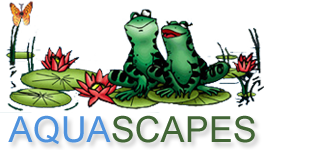
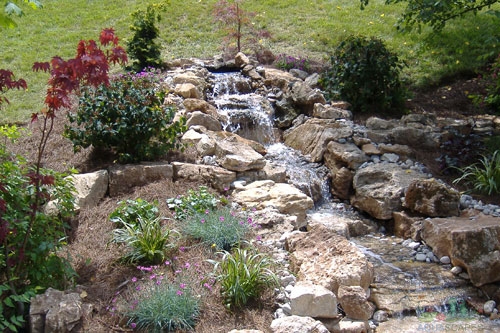
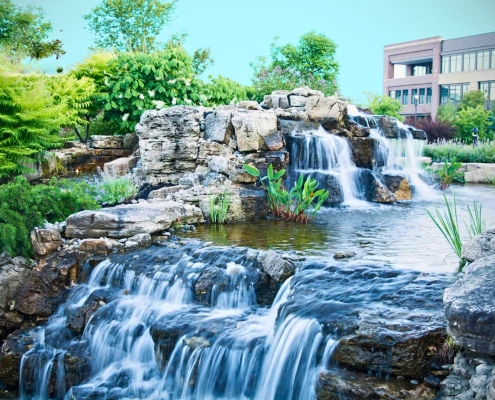
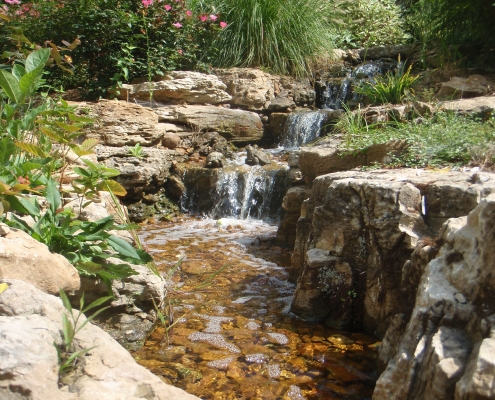 meyer aquascapes
meyer aquascapes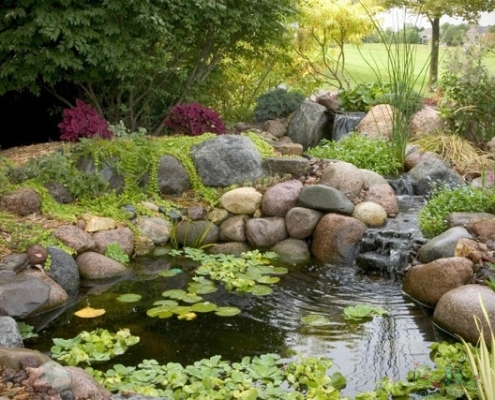 Meyer Aquascapes
Meyer Aquascapes
 Meyer Aquascapes
Meyer Aquascapes